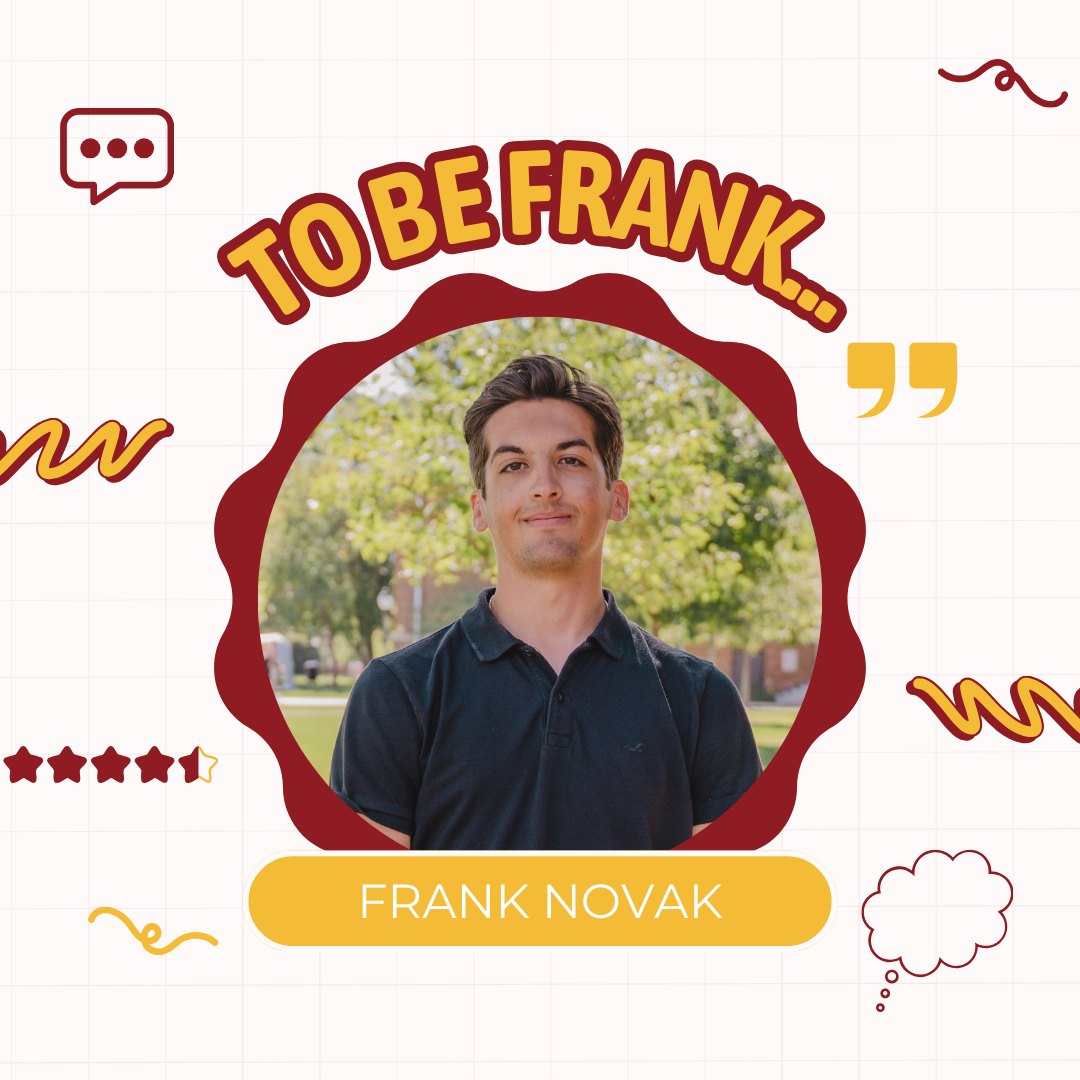Editorial: How to stop racism: Stop making it about you
November 10, 2015
I usually don’t pull the race card, but in light of recent events, it seems appropriate. Addressing the notion that one is “colorblind” suggests ignorance supersedes the issue at hand: racism.
As Zach Stafford, of The Guardian, puts it: “‘Colorblindness’ doesn’t acknowledge the very real ways in which racism has existed and continues to exist, both in individuals and systemically. By professing not to see race, you’re just ignoring racism, not solving it.”
On the other side, taking it by the reigns with full force undermines its primary intentions. A white advocate seemingly supportive of racial justice shouting America’s inequality problem is no more effective than a car salesman going door-to-door selling vacuum cleaners.
You want to stop racism? Stop talking. Start listening.
A lack of dialogue has created an atmosphere full of confusion, tension and generalizations which are hurtful.
In all fairness, growing up in Iowa — sometimes deemed the whitest state in America — doesn’t contribute to efforts in diversifying Simpson’s campus.
Less than 1 percent of Indianola’s population is Asian (so basically my brother, two sisters and me).
Throughout my childhood, not having a discussion on race led me to believe that “white” was synonymous with “normal.”
Inevitably, through portrayals by Hollywood and video games, stereotypes arose, along with a laundry list of negative insults that fuels a majority of the YouTube comments section.
These stereotypes give a falsified guideline as to how an individual should act or be perceived, thus creating multiple identities and expectations amongst a myriad of groups.
In 2012, black actress Stacey Dash tweeted her support for Republican nominee Mitt Romney and faced a whirlwind of backlash:
I used to love Stacey Dash. Then I found out she only liked white boys. Now this bitch supportin romney. She’s an oreo, white in the middle
— gooddecisionsllc (@DATDUDE_AQUEST) October 8, 2012
Stacy dash why..why are you voting for Romney. TRAITOR.
— Kween J (@jasbarn_x) October 8, 2012
@realstaceydash Mitt Romney does not care about black people u go ahead and be the uncle Tom to vote for him
— 4everLA (@reggiemorrison) October 7, 2012
Dash, along with other prominent black figures, proves the necessity of creating dialogue to tackle racism.
Research shows numerous instances of implicit racism as well:
– White state legislators responded less frequently to constituents with African-American names. This was true of legislators in both political parties.
– Similarly, emails sent to faculty members at universities asking about research opportunities were more likely get a response if a stereotypically white name was used.
– When applying for a job, applicants with stereotypically white names were 50 percent more likely to receive a callback for an interview.
– When bargaining for a used car, blacks were offered initial prices of about $700 or higher and received far smaller concessions.
Contrary to popular belief, people who work hard enough to eliminate these biases are still not getting ahead.
Any comparative statistic showing socio-economic indicators shows the reality of structural inequality, an operative myth of our culture known as the meritocracy.
Furthermore, counterarguments upholding “white privilege” reverts and digresses the situation, making racism about white people.
Fun fact: It’s not.
(And just because you have a black friend doesn’t give you a “stamp of approval” to be a racist. In fact, using that as an excuse perpetuates the very existence of racism.)
In an unscientific list of “29 Stupid Things White People Do and What We Can Do Instead,” a key point is this:
Do not insist people of color should be doing more for themselves. Moreover, do not insist that people of color should look purely at the intent of your actions and not the impact.
If intent is the only goal toward racial justice, then the only benefit is that you feel better about yourself. However, if intent is a measure, accountability must be factored, which benefits everyone.
It’s imperative to recognize that most barriers intended to advance people of color are, inadvertently, created by white society.
I don’t want to be at the forefront of a debate or misrepresent constituents on a governing body; I want my voice to be heard.
A lesson in COMM 101: One person sends the message; another person receives the message. It’s not a one-way street.
A conglomeration of ideas make up Simpson’s unique atmosphere, but it is hardly achievable with a lack of diverse students bringing forth different perspectives.
Instead of deterring minorities, such as myself, by speaking on our behalf, let’s be open and honest with each other.
Perhaps we could go back to the days of “That’s So Raven” and “The Proud Family” when Disney Channel confronted racial issues a family of color faces.
Truth be told, the fact you read this column is a good example of endeavoring to listen to different viewpoints. Bravo.
Understand it’s uncomfortable to talk about racism; it’s even more uncomfortable to live with it.
Stop making uneducated opinions on minorities (ironically, the definition of prejudice). Instead, be an ally. Shut up and listen.







